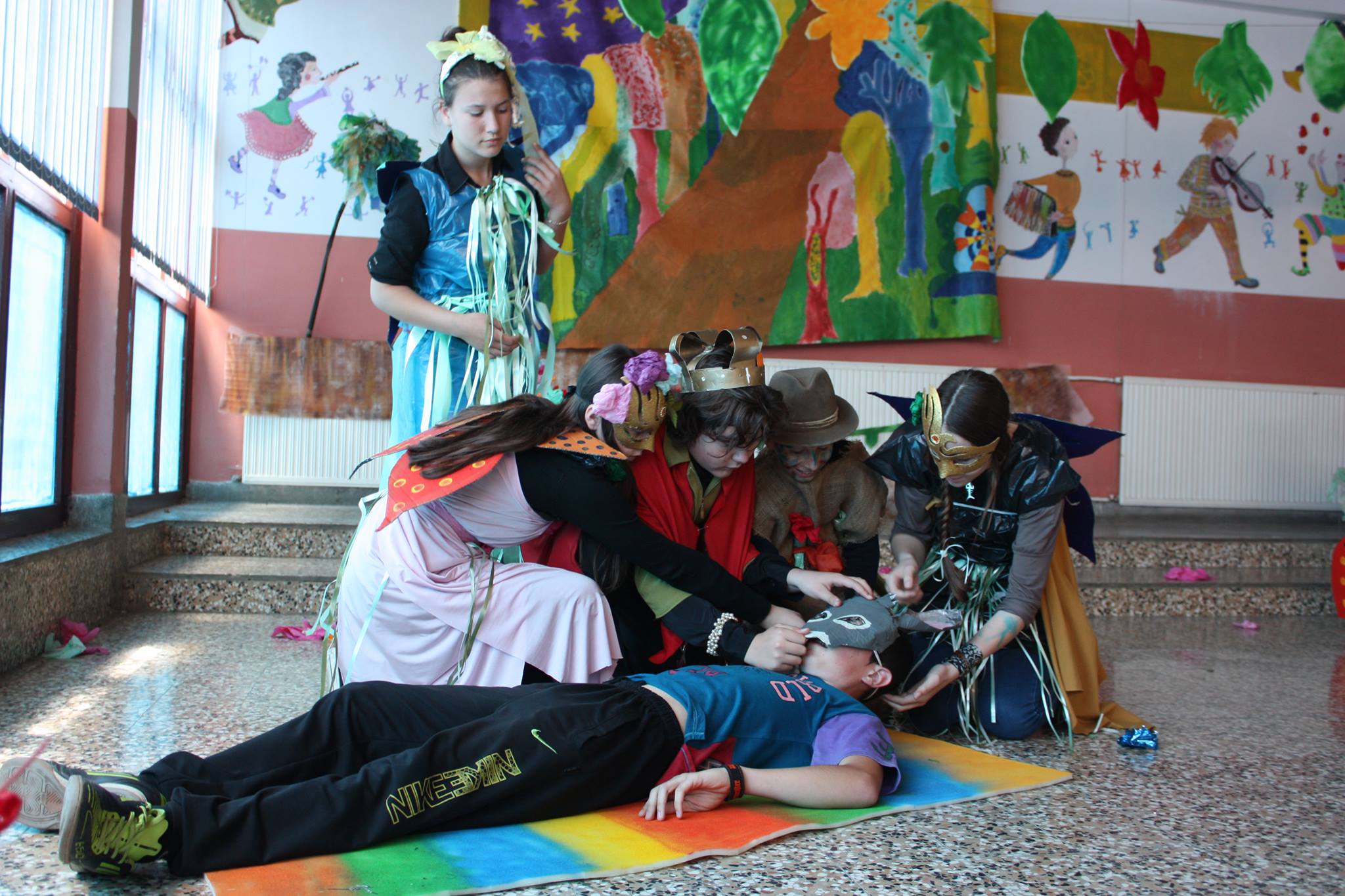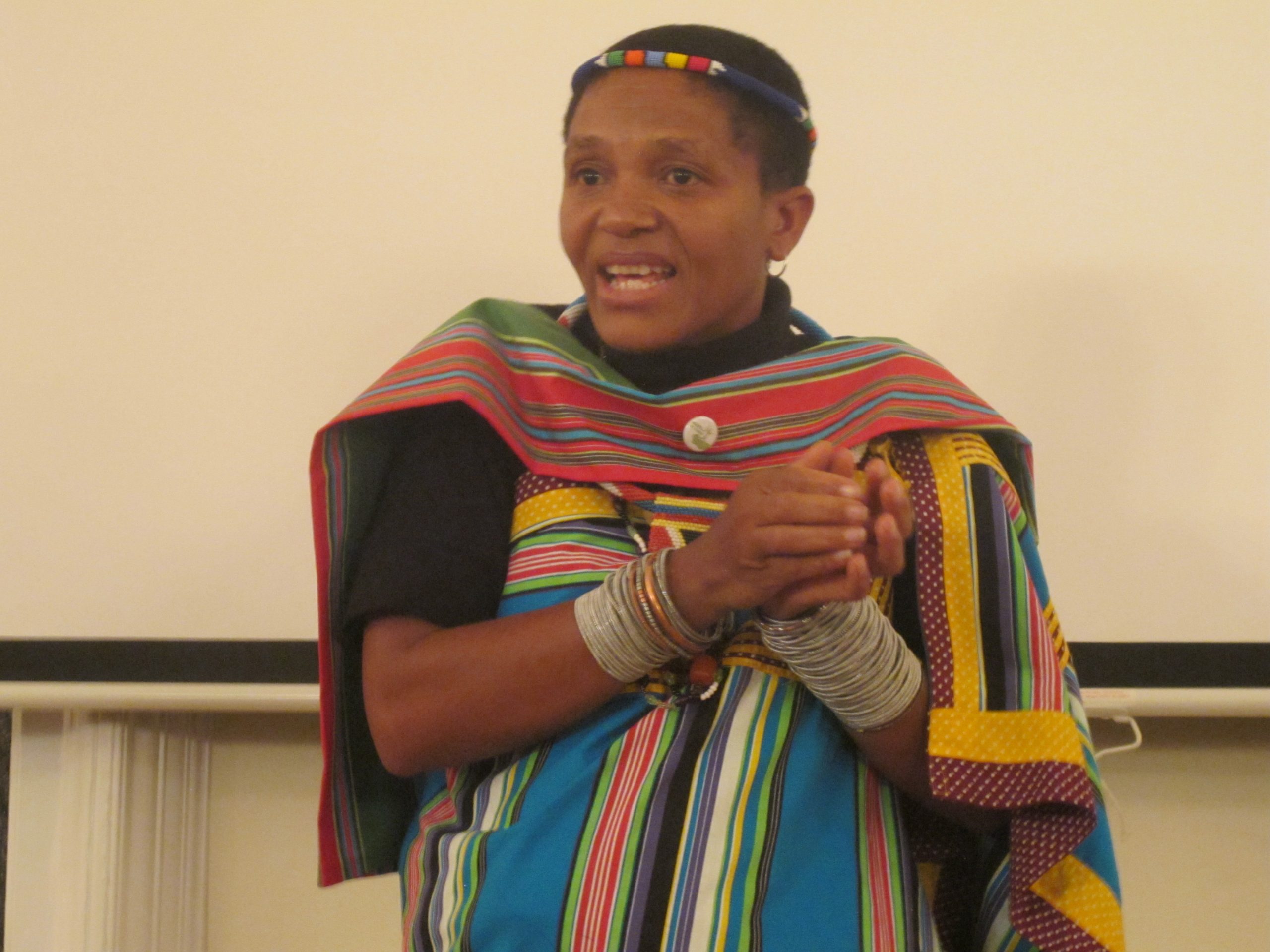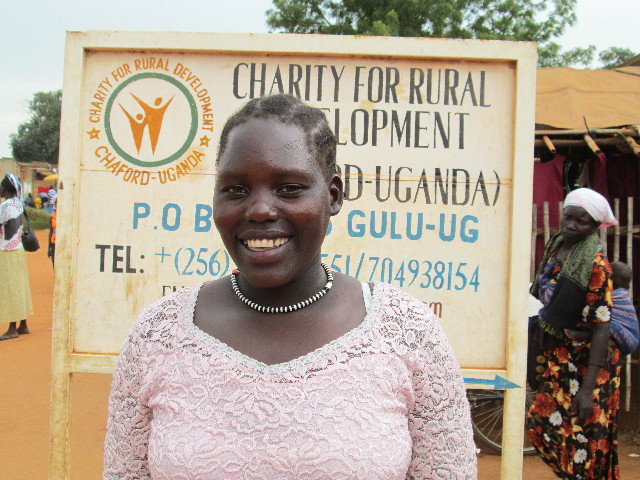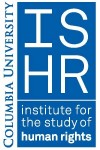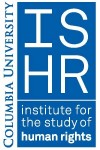
“Not Just a Slogan:” An Interview with Tibi Galis, Executive Director of the Auschwitz Institute for Peace and Reconciliation, on Genocide Prevention
By Michelle Eberhard, graduate student of human rights at Columbia University
_____________________________________________________________________________
Established in 2007, the Auschwitz Institute for Peace and Reconciliation is dedicated to the creation of an international genocide prevention network. To fulfill its mission, the Institute has developed several education programs, most notably its Raphael Lemkin Seminar, as well as a genocide prevention network in Latin America in 2012. Following the signing of an agreement with the African Union in February 2013, the Institute will soon be developing a similar network amongst African countries. Below is an interview with Executive Director of the Auschwitz Institute, Tibi Galis.
Michelle Eberhard: How did you become interested in working in genocide prevention?
Tibi Galis: I grew up in a transition country, in Romania, so it was very interesting to experience in person the impact political change can have on society, and that is why I started being rather passionate about transition studies. There was a very easy path from transition studies to transitional justice, which...

